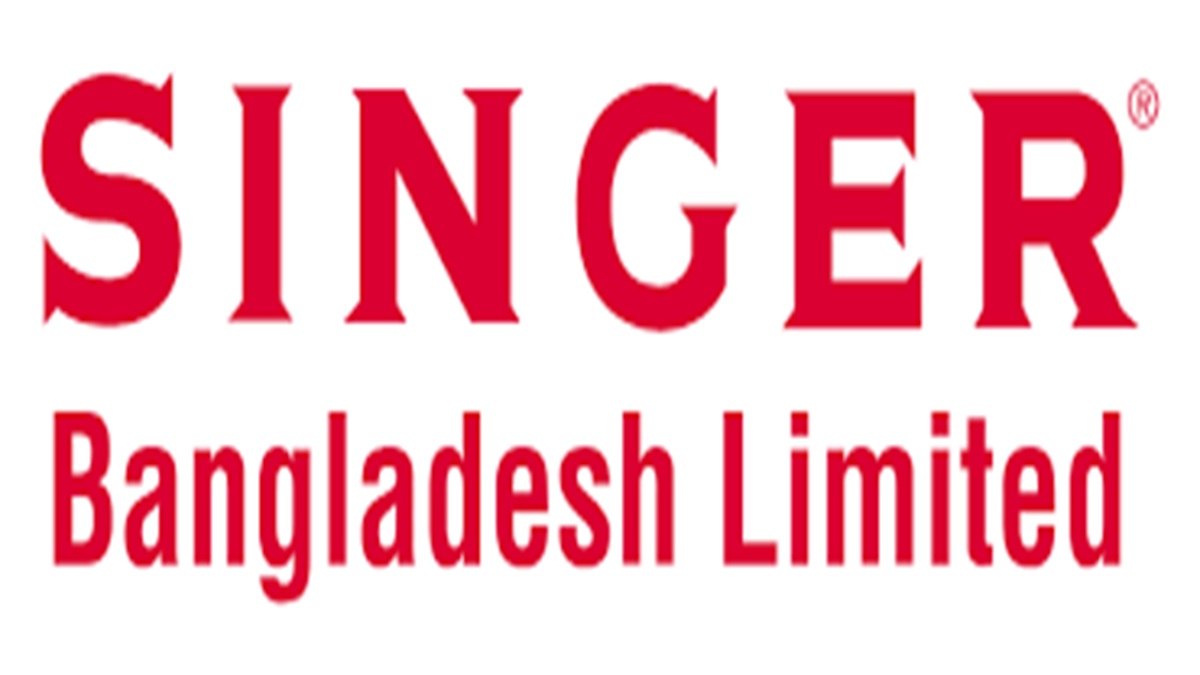Singer Bangladesh slips into loss as borrowing costs and weaker taka bite
BY Insider Desk
October 24, 2025

Singer Bangladesh Ltd has posted a sharp quarterly loss as surging finance costs and a weaker local currency outweighed the benefits of higher sales.
The home appliance maker incurred a loss of Tk 47.9 crore in the July–September quarter of 2025, marking a 159 percent increase from a year earlier.
With this, its total losses in the first nine months of the year rose to Tk 114 crore, reversing from a profit of Tk 5 crore in the same period of 2024, according to its financial disclosure released today.
Earnings per share fell to a negative Tk 4.81 in the third quarter, compared with a loss of Tk 1.86 a year ago. For the nine months to September, loss per share widened to Tk 11.42.
Finance costs more than doubled during the period, rising 116 percent year-on-year to Tk 191.95 crore, largely due to higher interest on long-term foreign and syndicated loans and increased short-term borrowing. The company said interest expenses surged 180 percent following the capitalisation of foreign loans in March.
The taka’s 4.2 percent depreciation against the euro since May added to the pressure, causing substantial unrealised foreign exchange losses. The company noted a 23.5 percent gap between loan realisation and closing rates in September, which further inflated costs.
The foreign loans were taken from Arçelik, Singer’s parent company, to finance a new manufacturing facility at the Bangladesh Special Economic Zone. The plant is expected to triple production capacity, though it has temporarily strained finances.
While sales revenue grew by 15.2 percent, gross profit margin fell by 1.8 percentage points, as higher input costs, discounts, and promotional offers reduced profitability. Operating expenses also rose 13.9 percent, driven by marketing, depreciation, and bad debt provisions.
Despite the earnings slump, Singer’s net operating cash flow improved significantly, reaching Tk 14.48 per share in January–September from negative Tk 7.36 a year earlier, supported by stronger sales collections and better supplier management.
Tags:
Most Read

Electronic Health Records: Journey towards health 2.0

Making an investment-friendly Bangladesh

Bangladesh facing a strategic test

Understanding the model for success for economic zones

Bangladesh’s case for metallurgical expansion

How a quiet sector moves nations

Automation can transform Bangladesh’s health sector

A raw material heaven missing the export train

A call for a new age of AI and computing
You May Also Like
